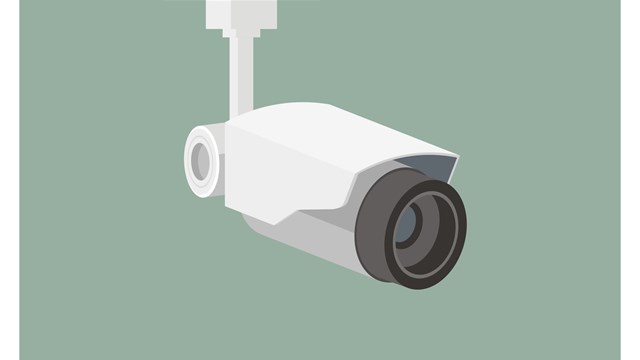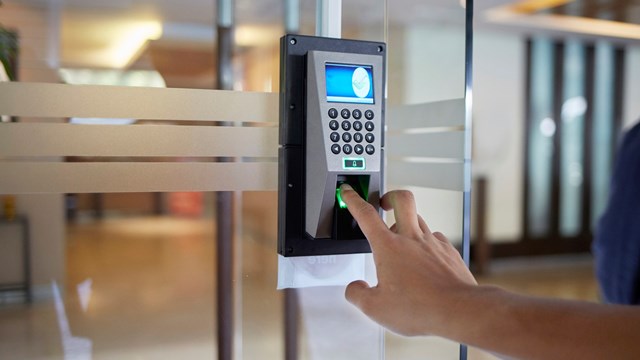You can screen potential residents before letting them buy into your co-op or purchase a condo unit all you want, but that doesn’t mean you’ll catch everything. Sometimes things just go undiscovered during the initial screening process for residents or even building staff.
But what if it turns out that a new resident is doing something untoward in the building that he or she shouldn’t be doing? What if someone is breaking the law? And what if you need to call the police?
Signs to Watch Out For
Eric Goidel, an attorney and senior partner with the law firm of Borah Goldstein Altschuler Nahins & Goidel, P.C., which has offices in Manhattan and Queens, lays out four possible scenarios.
“One is potentially drug sales out of an apartment,” he says. “Two is prostitution out of an apartment. And then three is not drug sales but quality of life. For example, maybe marijuana odor [is] emanating from a particular apartment that's affecting neighbors. Four is often excessive noise from one apartment affecting neighbors.”
Odors and noise can be detectable. But more often than not, they’re nothing to really call the cops over. On the other hand, determining whether a resident is selling drugs or sex can be a little bit trickier.
“Typically a board or residents have a decent handle on the issue of drug sales or prostitution. What normally tips off a building is just too much traffic in the way of people coming and going from an apartment in a short period of time,” says Goidel.
It’s important to note that just because there’s a lot of traffic on a certain day doesn’t mean there’s something going on that would be likely to set off any alarm bells. But there are things to look out for.
“For example, if someone enters an apartment for two minutes [and] then leaves,” says Goidel, “and then a little later someone else enters the same apartment. That might connote some drug activity. If it's female prostitution as opposed to male prostitution, you'll have many men during the course of the day entering and leaving an apartment.”
Reaching Out to the Police
Of course it’s not on the board to prove that there is something illegal going on in the building. That’s the job of the police.
“Normally what we can do is perhaps place in a common area a surveillance camera, which can monitor the flow of traffic. With that, I've accompanied boards to the local police precinct to speak with the captain of the precinct,” says Goidel.
He adds that while it may not be enough evidence to make the arrest, presenting it to the police nevertheless provides some proof of what's going on. “Then the burden falls on the NYPD to decide whether they're going to try and tackle this issue.”
Sometimes the police can come and ask for something like surveillance tapes, which could potentially create a privacy issue. Whether you want to cooperate without asking for a warrant will depend on the situation.
“A lot of times when it comes to surveillance tapes, you can hand them over peacefully or you can ask for a warrant, but they may be doing this to protect you or because there’s been a crime against a unit owner,” says Adam Leitman Bailey, founding partner at the law firm of Adam Leitman Bailey, P.C., in New York City. “This goes back to the board’s decision; you may want to hand over those logs because they want to help you.
“Over the last eight months on the Upper East Side," he continues, "we had a building where a porter cut the wires to the cameras. So we called the police and he was arrested. Then they wanted to copy our cameras. Of course, we were happy to give it to them.”
In the end, regardless of what happens, the board should be acting in the best interests of not only the building but its residents.
John Zurz is a staff writer at The Cooperator.







Comments
Leave a Comment